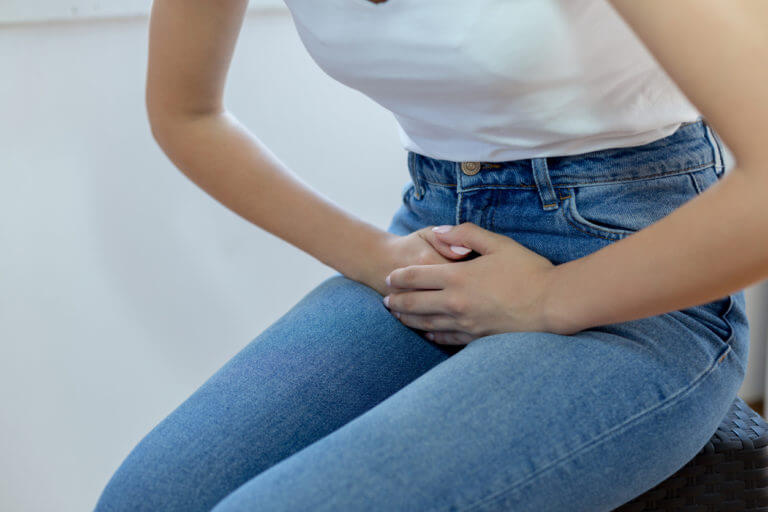
Urinary incontinence is defined as the involuntary leakage of urine or the inability to hold urine in. With incontinence, a physical condition can become quite an emotional problem; one that can be embarrassing and not always the topic of “polite” conversation. For women who are incontinent, visits to someone’s house or going on long road trips; perhaps taking up a new activity or job, can be tough decisions that often are predicated on how long one can be away from a toilet. But just how common is urinary incontinence? For women who have it or care for someone who does, the answer is – more common than you think.
In Good Company
Of the nearly 25 million Americans who suffer from urinary incontinence, a shocking 80 percent are women. By the time a woman is 60, nearly one in four women will report bouts of incontinence. While no two cases are the same, and the statistics are telling – for many incontinence may occur during pregnancy or bouts of laughter; for others it can be strenuous exercises or sex. Surprisingly, most women will put off seeking medical diagnosis or care – on average about seven years – before seeking medical advice or a formal diagnosis.
Causes of Urinary Incontinence
It is hard to predict who will experience incontinence, but women may be more susceptible as they age, especially during and after menopause. Being pregnant now or already having given birth (cesarean and vaginal) ups the odds, as does genetics or family history. Certain medications are known to have incontinence as a side effect; lifestyle choices, such as smoking, being overweight or not exercising may also play a role in developing incontinence.
Urinary Incontinence is either temporary or persistent. Temporary urinary incontinence may result from drinking too much caffeinated drinks, laughing or sneezing, or going on long runs. Persistent urinary incontinence may be due to pregnancy, an aging bladder, a decreased level of estrogen, tumors along the urinary tract, prostate cancer, or a neurological disorder.
Treatment
When left unmanaged, urinary incontinence can lead to frequent infections of the urinary tract, as well as skin sores and rashes. It can also impact your professional and/or social life. The good news is there are techniques and treatments that can reduce and even eliminate incontinence. For many women, simple exercises and adapting specific behaviors have resulted in less voiding and more confidence. For example, pelvic floor exercises can strengthen the muscles that prevent leakage. Scheduled or more frequent trips to the bathroom also stop build-up of urine, while “double voiding” – the practice of voiding, then waiting a few minutes and voiding again – can ensure the bladder is empty for longer periods of time. Drinking less liquids before long road trips or bedtime can reduce “accidents.” Under select circumstances, women who do not respond to regular treatment may undergo clinical electrical stimulation to promote muscle strengthening. Botox injections have been proven effective at calming an overactive bladder.
You are Not Alone
When it comes to urinary incontinence, it’s comforting to know that you are not alone. The first step is to find out its root cause – is your incontinence due to a physical condition or an underlying medical ailment. If you are in the Syracuse area, start by visiting a urogynecologist at Upstate Medical University and University OB/GYN Associates. Our team of urogynecologists combines skill, experience, and compassion to treat your incontinence. With multiple divisions and multiple locations, we are able to cover the full breadth of women’s health care. Plus, as a medical school faculty, we are on the cutting edge of medical care and research. To schedule an appointment with any one of our urogynecologists, or any of our fine medical professionals, call us today (315) 464-5162 or request an appointment online.



